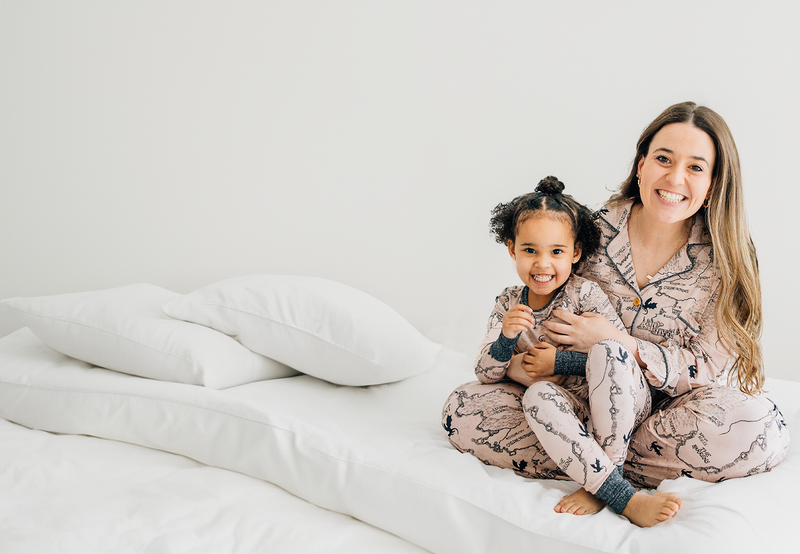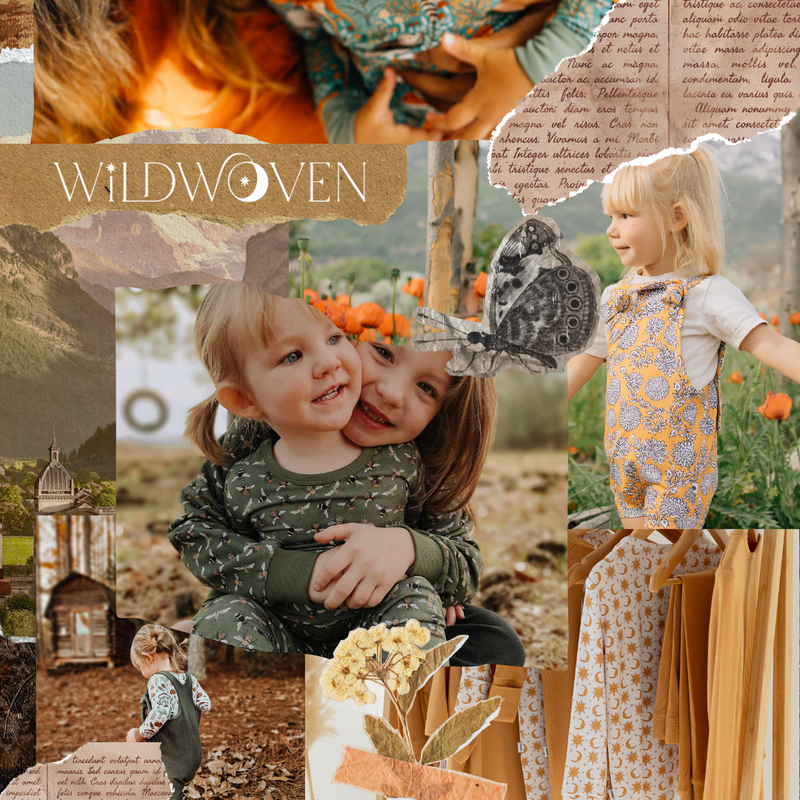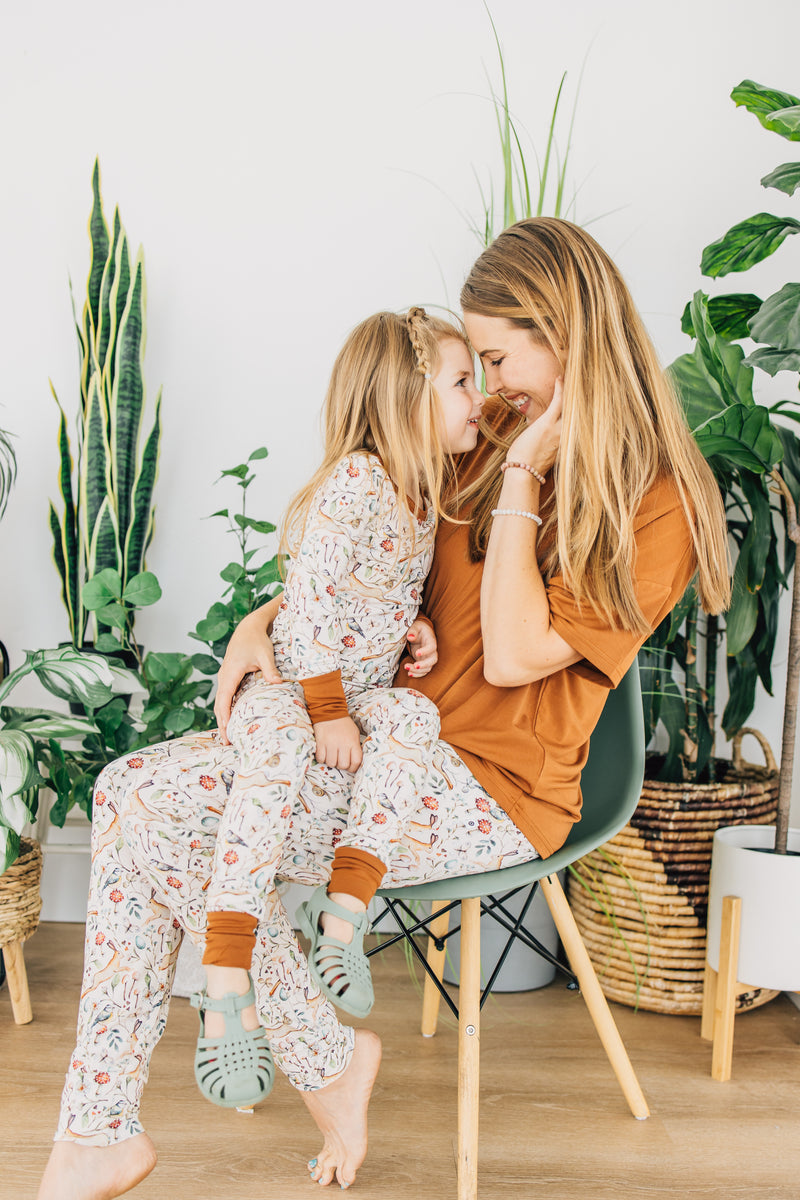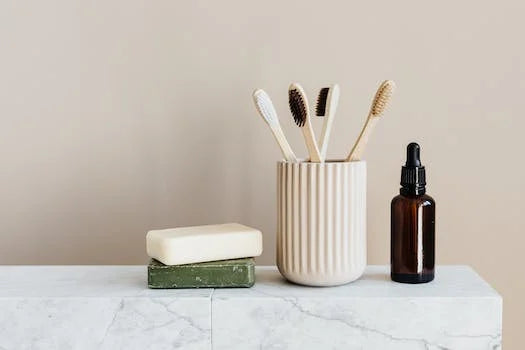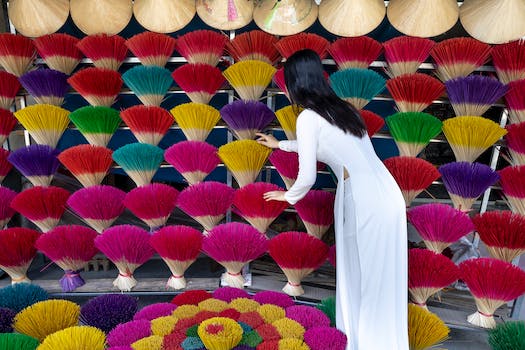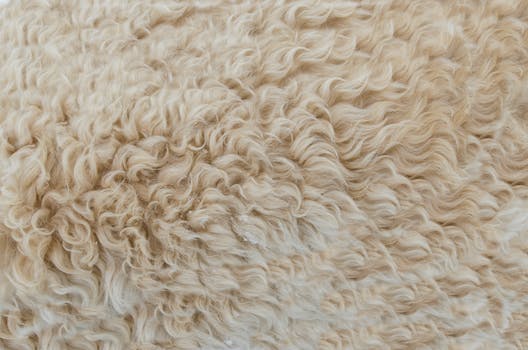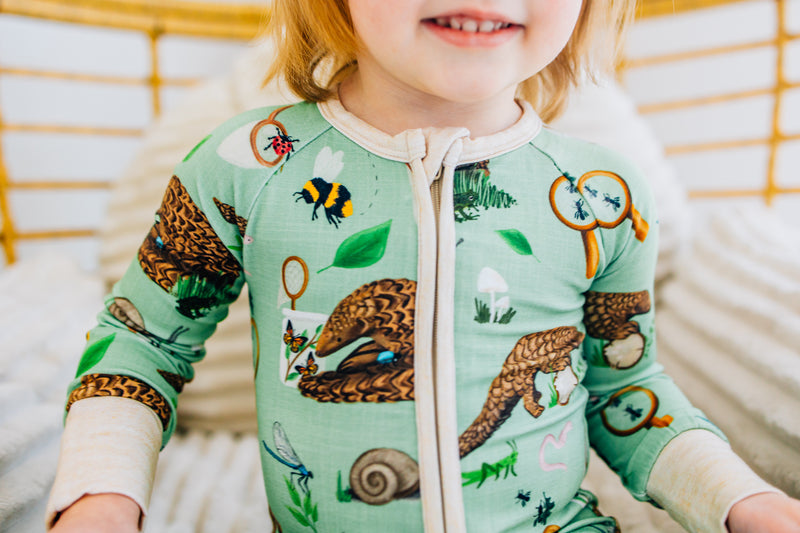The Advantages of Eco-Friendly Clothing for Your Family
Understanding the Concept of Eco-Friendly Clothing
Eco-friendly clothing, also known as sustainable fashion, is a concept that prioritizes the health of our environment in every step of clothing production. This type of clothing is made from natural, recycled, or biodegradable materials, which significantly reduces the impact on our environment. It avoids harmful chemicals, excessive water use, and unethical labor practices often associated with traditional clothing production. By choosing eco-friendly clothing, not only are you wearing high-quality and stylish pieces, but you are also contributing to a healthier planet for future generations. It's a simple and effective way to make your family's lifestyle more sustainable.
The Environmental Impact of Traditional Clothing Production
Traditional clothing production has a significant impact on the environment. It uses vast amounts of water, contributes to pollution through the release of toxic chemicals, and generates substantial waste. Furthermore, it often relies on non-renewable resources, such as petroleum for synthetic fibers. This production process harms our planet and also exposes workers and consumers to potentially harmful substances. By choosing eco-friendly clothing, you not only support a more sustainable industry but also protect your family's health.
Key Benefits of Eco-Friendly Clothing for the Environment
Eco-friendly clothing offers significant benefits for the environment. Firstly, it reduces pollution. Traditional clothing production methods often involve harmful chemicals which can pollute our water and air. By choosing eco-friendly clothing, we are supporting methods that use less water and safer dyes. Secondly, this type of clothing promotes recycling. Many eco-friendly clothing brands use recycled materials, which helps to reduce waste. Lastly, it saves natural resources. Producing new clothes requires a lot of energy and raw materials. However, eco-friendly clothing is often made from sustainable materials, reducing the demand for new resources. Therefore, by choosing eco-friendly clothing, we can help to protect our environment for future generations.
Health Advantages of Eco-Friendly Clothing for Your Family
Eco-friendly clothing not only benefits the environment but also your family's health. These natural and organic clothes are free from harmful chemicals and synthetic materials that can cause skin irritation, allergies, or other health problems. They are hypoallergenic, breathable, and soft, making them perfect for sensitive skin, especially for babies and children. Moreover, eco-friendly clothes are more durable, retaining their shape, color, and quality even after many washes. So, by choosing eco-friendly clothing, you're not only investing in the planet's future, but also in the health and well-being of your family.
The Economical Aspect: Cost and Longevity of Eco-Friendly Clothing
The economical aspect of eco-friendly clothing is a win-win for both your pocket and the planet. While the initial cost of eco-friendly clothes may be slightly higher, they offer excellent value for money due to their superior durability. These clothes are made from high-quality, natural materials, which last longer than synthetic fabrics. So, in the long run, you end up saving money as you won't need to replace your clothes as often. Investing in eco-friendly clothing is not just an investment in your family's health and wellbeing, but also a smart financial decision.
How Eco-Friendly Clothing Supports Fair Trade and Ethical Practices
Eco-friendly clothing not only benefits the environment but also supports fair trade and ethical practices. When you choose eco-fashion, you are opting for clothes made from sustainable materials that cause minimal harm to our planet. But it doesn't stop there; these clothing brands also ensure fair wages, safe working conditions, and humane treatment of workers. They refuse child labor and exploitative practices, promoting a healthier and more just world. By buying eco-friendly clothes, you're not just making a green choice but also a socially responsible one.
Eco-Friendly Clothing and Its Contribution to Sustainable Fashion
Eco-friendly clothing is a game-changer in the fashion industry, leading the way for sustainable fashion. It's made from natural materials, like organic cotton, hemp, or bamboo, which are grown without harmful chemicals. Additionally, the production process of these clothes is designed to minimize waste and conserve resources. By choosing eco-friendly clothing, not only are we protecting our skin from harmful toxins found in synthetic materials, but we're also helping to reduce pollution, conserve water, and promote fair labor practices. In essence, it's a win for your family, a win for your wallet, and a win for our planet.
Top Brands for Eco-Friendly Clothing for the Entire Family
Many top brands offer eco-friendly clothing options for the whole family, providing stylish, comfortable, and environmentally conscious choices. Patagonia is a renowned brand committed to sustainable practices, offering a wide range of outdoor clothing. For everyday wear, Alternative Apparel offers eco-friendly, casual clothes for men, women, and children. PACT is another great brand that offers a variety of organic cotton clothing for all family members. Lastly, Little Green Radicals is an excellent choice for organic children's clothing. These brands not only help in reducing your carbon footprint, but also ensure the clothes you and your family wear are non-toxic and gentle on the skin.
Tips for Transitioning Your Family's Wardrobe to Eco-Friendly Options
Transitioning your family's wardrobe to eco-friendly options can be an exciting venture. Start by choosing clothes made from sustainable materials like organic cotton, bamboo, or hemp. Prioritize brands that are transparent about their manufacturing process, ensuring they use eco-friendly methods. Consider buying second-hand clothes or participating in clothes swaps to reduce the demand for new clothing production. Teach your family the importance of maintaining and repairing clothes to extend their lifespan, rather than replacing them. Opt for quality over quantity, investing in durable items that will last longer. Remember, every small step towards eco-friendly clothing contributes to a healthier planet for our future generations.
The Future of Eco-Friendly Clothing: A Step Towards a Sustainable Lifestyle
The future of eco-friendly clothing is bright and promising, paving the way towards a more sustainable lifestyle. This clothing type, made from natural and recycled materials, greatly reduces the negative impact on our environment. By choosing eco-friendly clothes, not only do you provide your family with healthier and less allergenic wardrobe options, but you also contribute significantly to saving our planet. It's a win-win situation where you get quality, comfort, and the satisfaction of doing your bit for the environment. The shift to eco-friendly clothing is indeed a step forward in embracing a more sustainable and responsible lifestyle.




